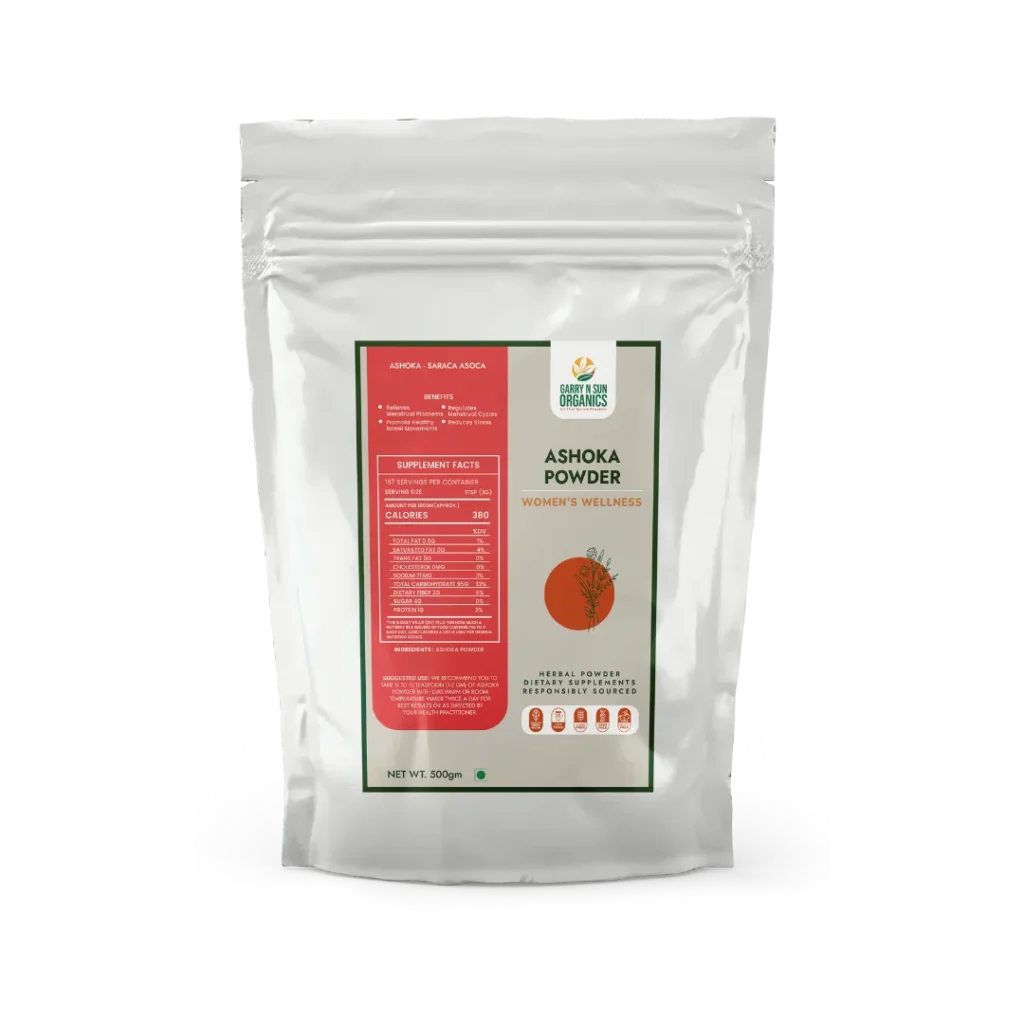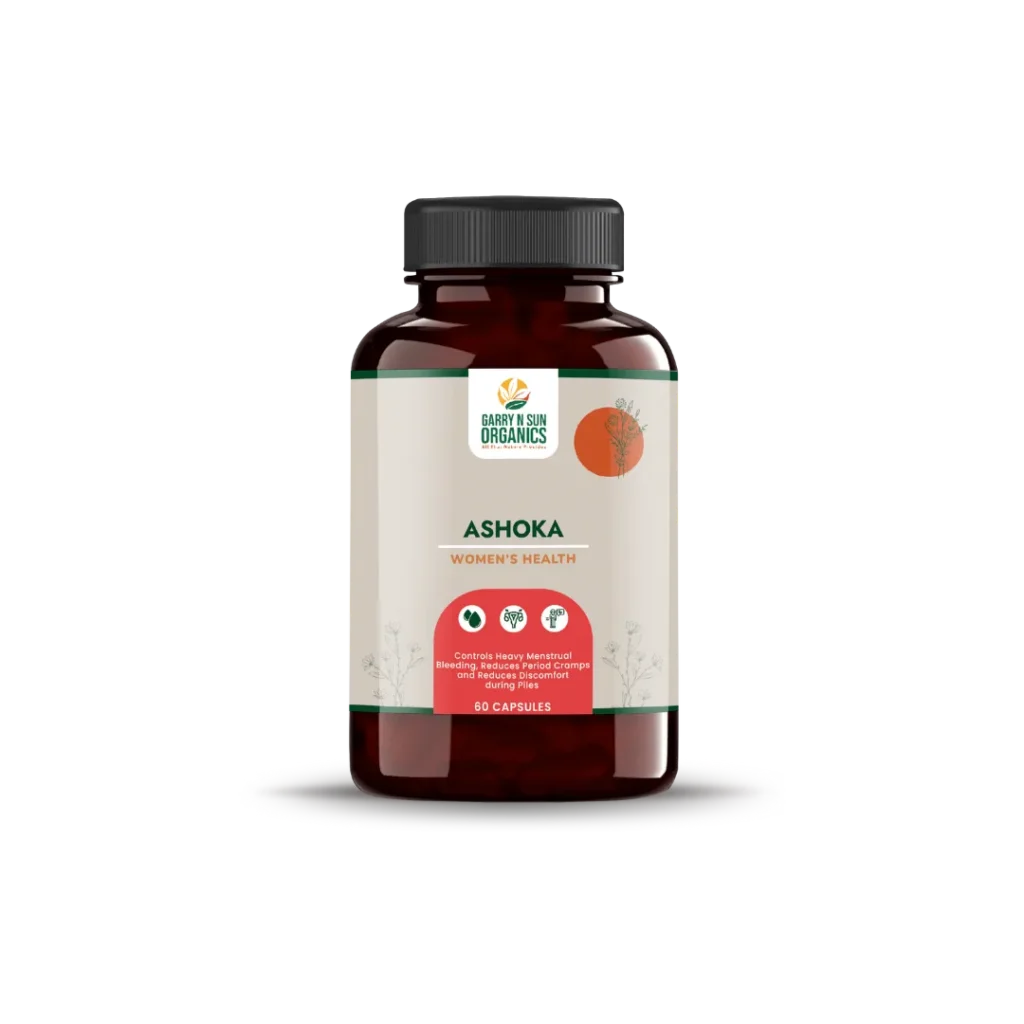Have you ever felt like, “This is not me; I was a happy and energetic person who loves to do everything on my own”?But now, snapping at everyone without any reason, feeling tired most of the time, and even experiencing weight management issues?
If you can relate to this, then no worry! It could be a hormonal imbalance issue, which can be resolved naturally. Many people grapple with hormonal imbalance without even realizing it.
But there’s hope! Ayurveda offers a potent solution to restore hormonal balance. All you need to do is have faith in the process.
So, are you ready to wake up every day feeling emotionally stable, energized, and healthy? Yes?
Let’s dive in to learn how to achieve hormonal balance with Ayurveda.
What are Hormones?
Hormones are your body’s chemical messengers. They voyage through your bloodstream to tissues and organs, regulating processes such as metabolism, growth, mood, and reproductive health.
Picture hormones as the managers of your body’s functions. They ensure everything runs smoothly. When they’re in balance, you feel great. When they’re not, your body starts to show signs of distress and feel out of sync.
Symptoms of Hormonal Imbalance
There are various signs of hormonal imbalance that you should not ignore. Let’s check them out.
Fatigue: If you constantly feel tired even after getting enough sleep, it indicates a hormonal imbalance affecting your body’s energy.
Weight Gain: If you’re following a proper diet and exercising and still finding it challenging to lose weight, or if you’re experiencing unexplained weight gain, it might be a result of a hormonal imbalance that is affecting your metabolism.
Mood Swings: In addition to these, experiencing sudden changes in mood, irritability, or anxiety can also be linked to hormonal fluctuations.
Sleep Issues: Are you having difficulty staying asleep, having difficulty falling asleep, or experiencing restless sleep? These issues are often related to hormones that regulate sleep cycles.
Digestive Problems: Bloating, constipation, or diarrhea have become your buddies. Well, it can result from hormonal imbalances affecting your digestive system.
Skin Changes: Dry skin, acne, or other skin conditions might indicate hormonal imbalances like estrogen and testosterone.
Hair Loss: Did you have strong, shining, and thick hair, but are you now facing hair loss and thinning? Pay attention to hormonal changes that impact your hair growth cycles.
Irregular Periods: Many of you may not know, but changes in menstrual cycle regularity or intensity often point to imbalances in reproductive hormones.
Low Libido: Not much interest in sexual activity nowadays? This cannot be ignored. It can be a result of imbalanced sex hormones.
Memory Issues: Some people have difficulty concentrating and forgetfulness. This can also relate to hormonal imbalances affecting brain function.
Causes of Hormonal Imbalance
There are myriad reasons for hormonal imbalance:
Stress: Nowadays, our lives are like burning the candle at both ends with all these deadlines and appointments. We’ve become so busy that we don’t have time for ourselves, which results in chronic stress.
As a result, it increases the production of the stress hormone, cortisol, which can adversely affect other hormones like estrogen and testosterone. Prolonged stress can lead to adrenal fatigue, further disrupting hormonal harmony.
Diet: To deal with stress, many of us eat junk food, which contains excessive sugar, and processed food. This causes inflammation and disrupts the balance of hormones like insulin, leptin, and ghrelin. Nutrient deficiencies also affect hormone production and function.
Lack of Sleep: If you’re getting inadequate sleep, it interferes with the production and regulation of melatonin, cortisol, and growth hormone.
Additionally, poor sleep patterns can also disrupt your circadian rhythm, impacting overall hormonal balance and increasing appetite and weight gain.
Environmental Toxins: In today’s times, chemicals are found in almost everything, including plastics, pesticides, and household products. It can mimic or interfere with the natural hormones in your body.
Medical Conditions: In addition to this, conditions like polycystic ovary syndrome (PCOS), thyroid disorders, diabetes, and adrenal insufficiency directly affect hormone levels. These conditions can cause irregular menstrual cycles, weight gain, fatigue, and other symptoms of hormonal imbalance.
Medications: Sometimes, we take certain medications, such as birth control pills, hormone replacement therapy, and antidepressants, for more extended periods. It results in altered hormone levels in the body.
Age: Hormonal changes naturally occur with aging, particularly during puberty, pregnancy, and menopause. During these times, significant shifts in hormone levels can cause symptoms such as mood swings, weight changes, and altered energy levels.
Understanding these causes can support you in taking steps to maintain hormonal balance through lifestyle changes, ayurvedic herbs, and stress management.
Ayurvedic Herbs for Hormonal Imbalance
Ayurveda offers a holistic approach to balance your hormones using natural herbs. Here are some powerful herbs that you should know and how they support your body:
Ashoka Powder
Ashoka Powder is renowned for its benefits in female reproductive health. It supports the menstrual cycle, alleviates menstrual pain, and helps manage symptoms of menopause.
It regulates the estrogen hormone and ensures that the female reproductive system functions smoothly.
Suggested Use: In the morning, take 1-2 teaspoons of Ashoka powder mixed with warm water or milk, preferably on an empty stomach. It is paramount to consult an Ayurvedic practitioner for a personalized dosage.
Shatavari
Shatavari is a versatile herb known as the “Queen of Herbs” for female health. It enhances fertility, balances hormones, and supports lactation.
Shatavari’s adaptogenic properties support the endocrine system, helping balance stress-related hormones like cortisol.
Suggested Use: Take one teaspoon two times a day with room temperature water or as your healthcare practitioner directs.
Ashwagandha
Ashwagandha is an adaptogenic herb that helps lessen anxiety and stress, which can affect hormone levels. It supports the adrenal glands, enhancing energy levels and improving sleep quality. Ashwagandha also helps balance thyroid hormones and supports reproductive health.
Suggested Use: You can have one teaspoon twice daily with room temperature water or warm milk or as directed by your health practitioner. Store it in a cool and dry place.
Kaunch Seed
Kaunch Seed is known for enhancing mood and improving reproductive health in both men and women. It increases dopamine levels, promoting well-being and reducing stress, which is crucial for hormonal balance.
Suggested Use: Take 1-2 teaspoons of the powder daily, mixed with water or juice. Follow the recommended dosage and stay within its dose with the guidance of a healthcare provider.
Conclusion
Hormonal imbalances affect your quality of life, but Ayurveda offers various natural and effective solutions. Incorporating Ayurvedic herbs like Ashoka Powder, Shatavari, and Ashwagandha into your routine can help restore hormonal balance and promote overall well-being.
Ayurveda provides a holistic approach to health by addressing the main reasons that trigger hormonal imbalance and supporting your body’s natural processes. So, embrace these ancient remedies and experience the transformative power of balanced hormones.








